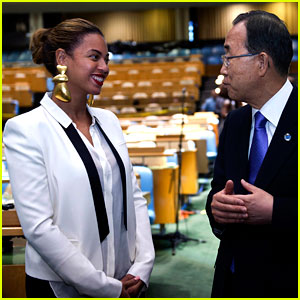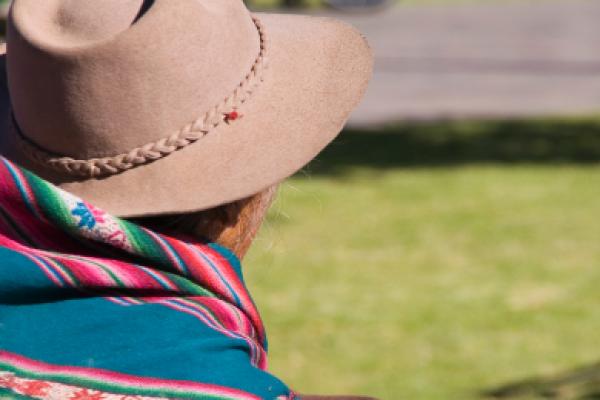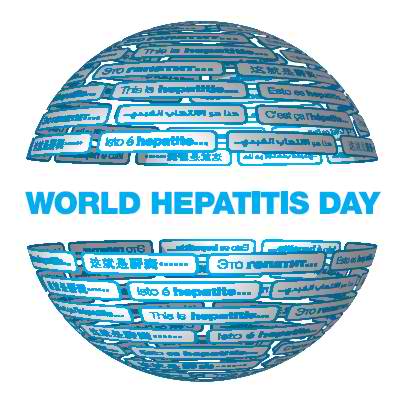London 2012 is the biggest Paralympic Games yet!

This year's Paralympics are unmissable.
4280 athletes are taking part from 166 different countries. Examples of countries competing for the first time in Paralympics are Antigua, Albania, and San Marino. Over the next 11 days the Paralympic Games will be held in 19 different venues all around London.
Many have spoken, in the media, that London 2012 is Paralympic Games “coming home.” This is because it was in London, on the day of the opening of the 1948 Summer Olympics, that the first organized event for disabled athletes was held. These first games, called the Wheelchair Games, were held for British World War II veteran patients with spinal injuries. Four years later, in 1952, in the same location, Dutch veterans participated as well, making 1952 the first year for an organised, international competition for disabled athletes. The Paralympic Games, as we know it today, was held for the first time in 1960 in Rome. This was the first year that the Paralympic Games were not solely open to war veterans. In Rome, that year, 400 athletes from 23 different countries took part.
The term Paralympic derives from the Greek word ‘para,’ which means ‘alongside.’ Paralympic refers to a competition that’s held alongside the Olympics…
Read more.. »


 This date was chosen by UNESCO to mark a night in 1791 in the island of Saint Dominic (now Dominican Republic and Haiti) when a major uprising took place which significantly contributed to the abolition of the transatlantic slave trade.
This date was chosen by UNESCO to mark a night in 1791 in the island of Saint Dominic (now Dominican Republic and Haiti) when a major uprising took place which significantly contributed to the abolition of the transatlantic slave trade.







 Hello, I'm Deborah Swallow and, for the last fifteen years, I've worked in over thirty countries addressing the complexities of people working internationally across multiple cultures, so individuals and organisations alike can gain an authentic competitive edge and win in international markets.
Hello, I'm Deborah Swallow and, for the last fifteen years, I've worked in over thirty countries addressing the complexities of people working internationally across multiple cultures, so individuals and organisations alike can gain an authentic competitive edge and win in international markets. 